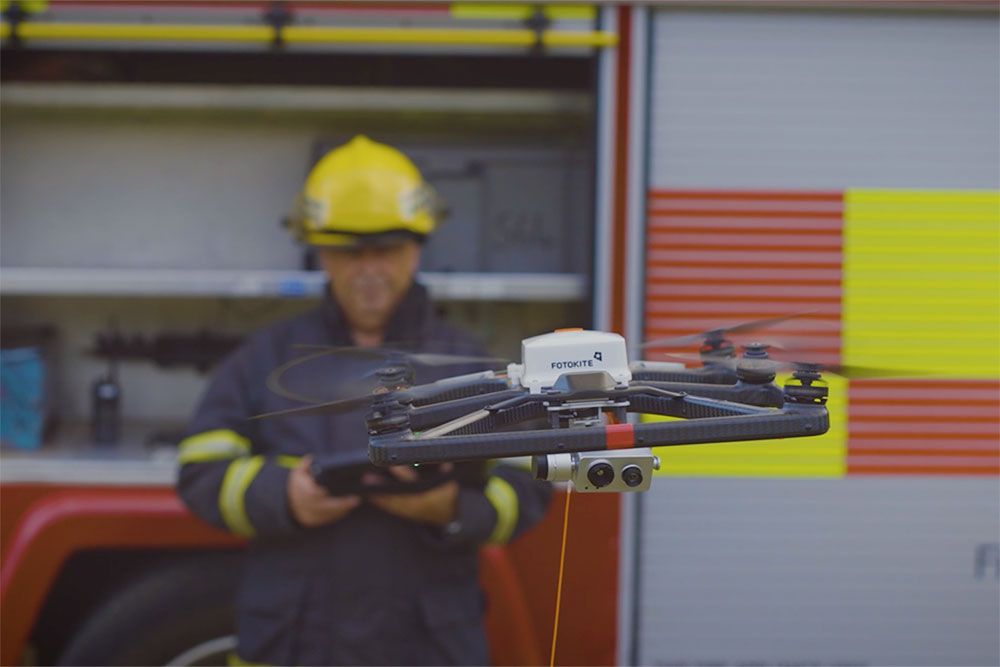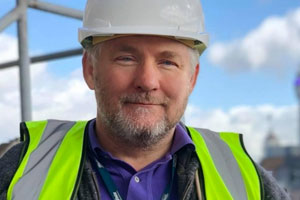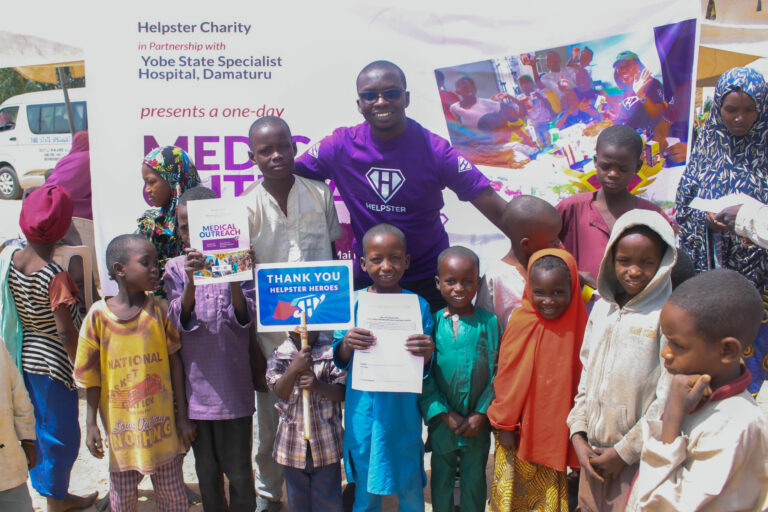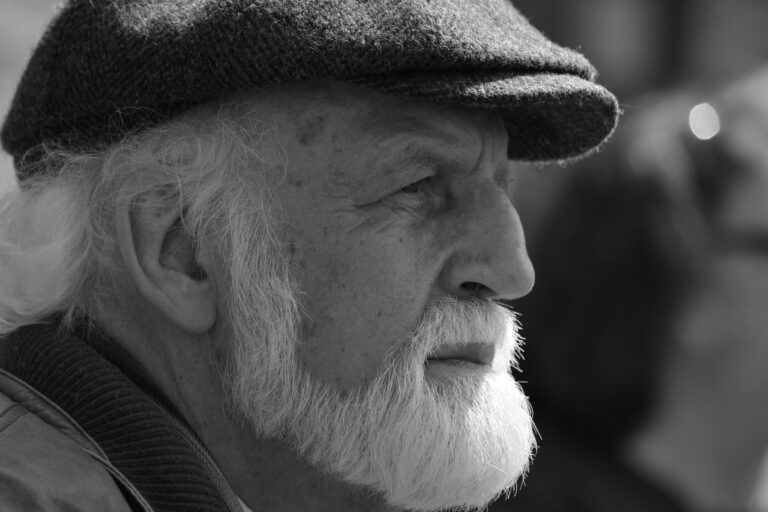
Drones are becoming more commonplace in society. People often think of these flying tools as toys but drones have already played a significant role in many areas including filming, delivery, surveillance, and even war. However, their societal potential is far wider. Harnessing the possibilities of drone technology for good can allow us to find solutions to many daily challenges and even help save lives.
At Virgin Media O2, we’re supercharging innovation in connected drones through our 5G network, developing solutions that support the healthcare and emergency services industries. Working with forward-thinking partners that hold a shared vision for the future of technology that benefits society, our tests and trials are focused on opening up the possibilities of drones and how they can be deployed to help people in critical situations and assist the NHS.
In emergency treatment, time can be critical
As the effects of the COVID-19 pandemic persist, the NHS remains under pressure, with resources squeezed and ambulance wait times stretched. A connected drone delivery network could help the service by enabling faster and cleaner deliveries, bypassing traffic for the likes of blood, medicines, medical equipment and organs, ultimately helping to save lives. This was the case for a man in Sweden, whose life was saved by a defibrillator delivered via drone three minutes after he suffered a sudden cardiac arrest. The speed of the defibrillator’s arrival meant that a vital resuscitation could be performed before the ambulance arrived at the scene.
Working with drone logistics operator Skyfarer, along with Cranfield University, Phoenix Wings and unified traffic management solutions provider Altitude Angel, Virgin Media O2 has been able to power the first medical drone delivery network trial in England. The trial has shown that the ability to relay real-time data over Virgin Media O2’s network can speed up patient response times and make drone delivery of blood for lifesaving transfusions a reality. The infrastructure we’re building will provide a faster, greener form of medical transport, with no impact on road congestion or fossil fuel emissions. On top of this, the technology has the potential to expand logistical developments, upskill workers and innovate a new sector.
Racing to reach missing persons
The emergency services are called out when someone goes missing or is injured in remote, hard-to-reach locations. In these instances, helicopters can sometimes be deployed as part of the search party, using significant resources.
In September 2021, working with Swiss drone company Fotokite, Virgin Media O2 conducted a first-of-its kind trial in the UK, testing a 5G-enabled tethered drone in a simulated rescue mission. The interactive drone provides emergency services and public safety teams with accessible and mission-critical situational awareness tools. With a quick set-up time of two minutes, no time is lost in conducting the situational analysis of a scene, potentially saving lives. The tethered drone can be positioned up to 45 metres above a situation and, using 5G technology, send real-time data to first responders on the ground and teams in other locations such as local hospitals, to immediately assess what’s happened. Using thermal imaging capabilities to highlight where people are is a particularly useful tool in dark and densely forested areas, and this type of response also has significant green benefits too, as the drone is lightweight and powered by electricity.
The future is smart, connected healthcare
The faster, more reliable connectivity speeds that 5G offers, along with its enhanced energy efficiencies and security mean that this technology will help us in the future, revolutionising everything around us – from how traffic flows on our roads, to the way we receive healthcare. The positive impact that 5G delivers can enable us to create a smarter, safer, and more sustainable future.
At Virgin Media O2, our Test and Trials programme helps shine a spotlight on the capabilities of 5G innovation, focusing on tangible projects that will benefit the wider society. Over the past couple of years, we’ve trialled several services that put our connectivity potential into action, and we have shown that these applications have the power to revolutionise emergency service rescue and patient care. We are relentlessly exploring and developing 5G-enabled services that will make real differences to the public, from smart cities to connected vehicles. By applying the capabilities of our network to everyday use cases, there is an opportunity to demystify 5G and show how the technology can improve people’s lives now and in the future.

David Owens is Head of Technical Trials at Virgin Media O2.



